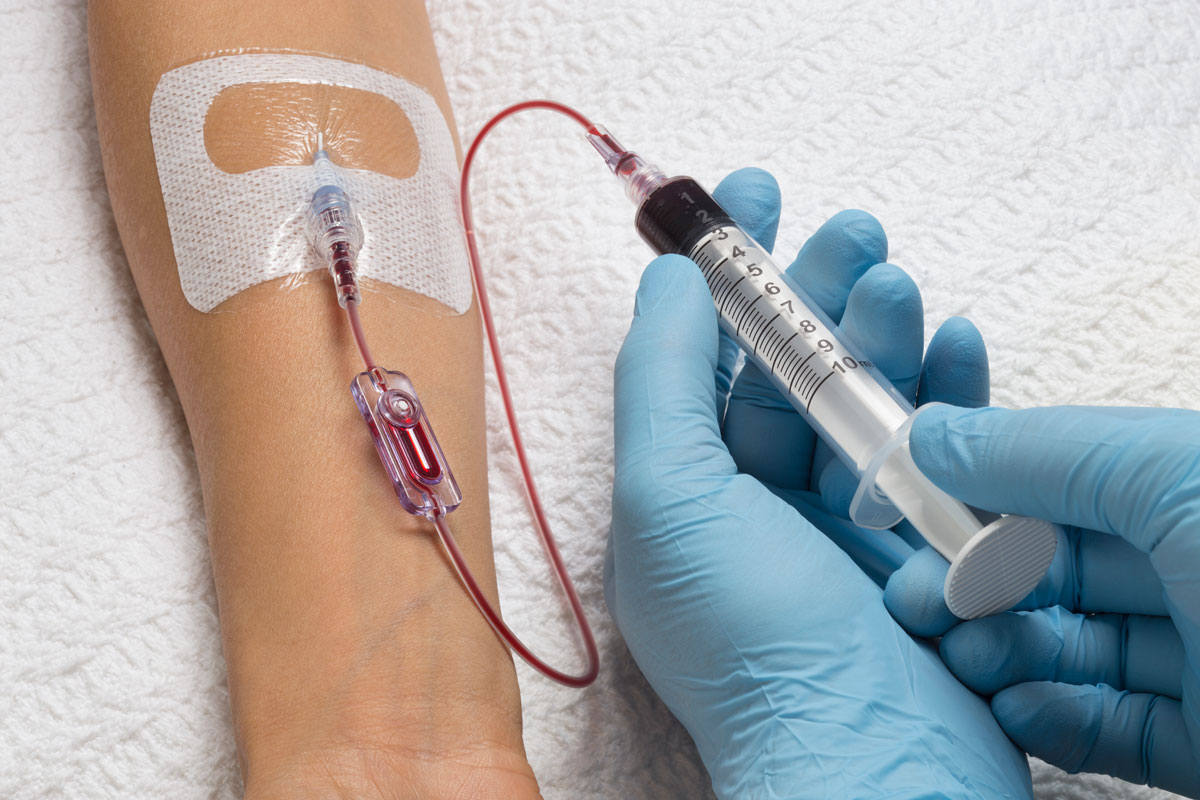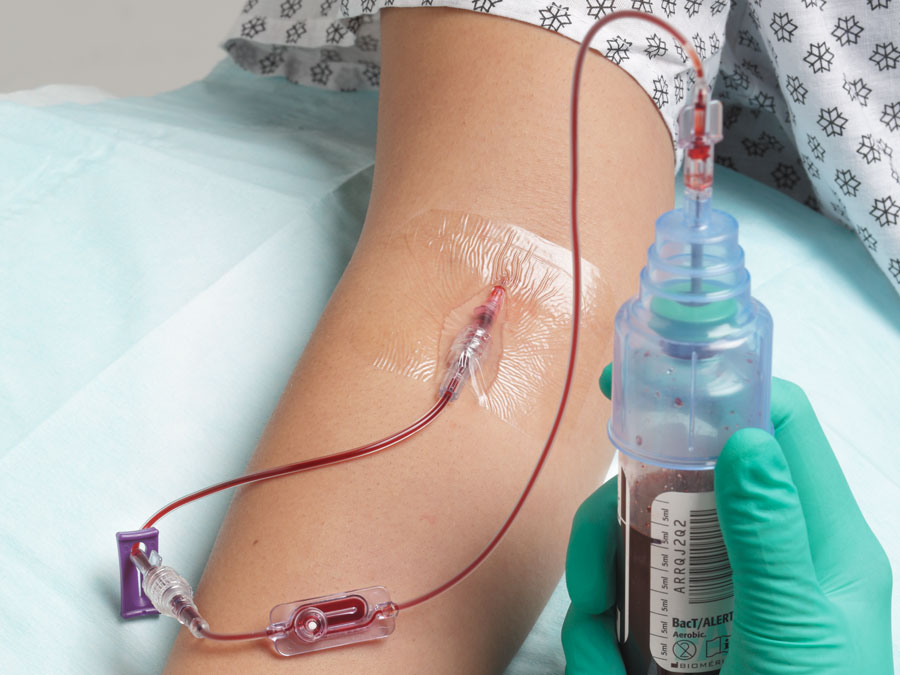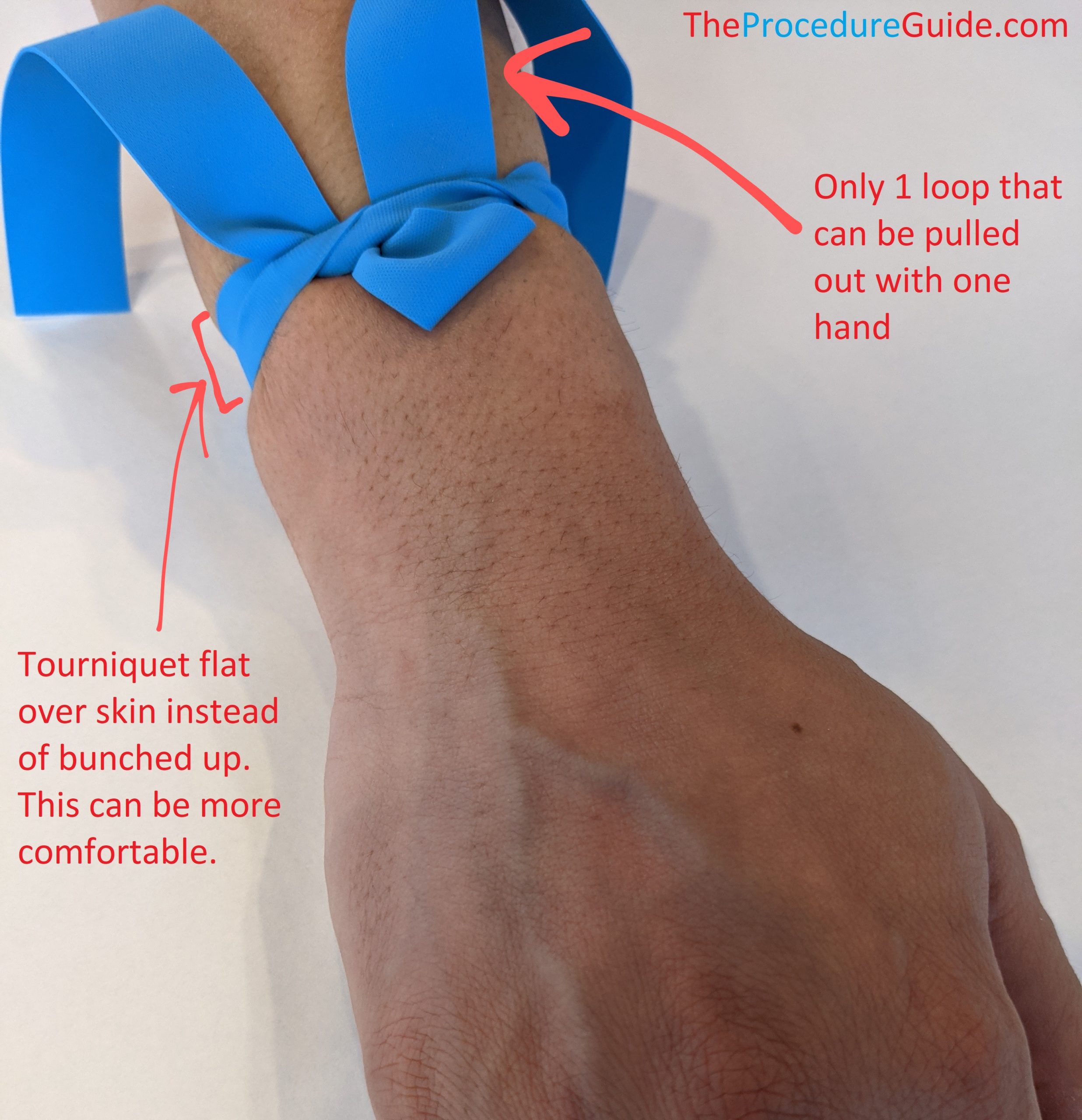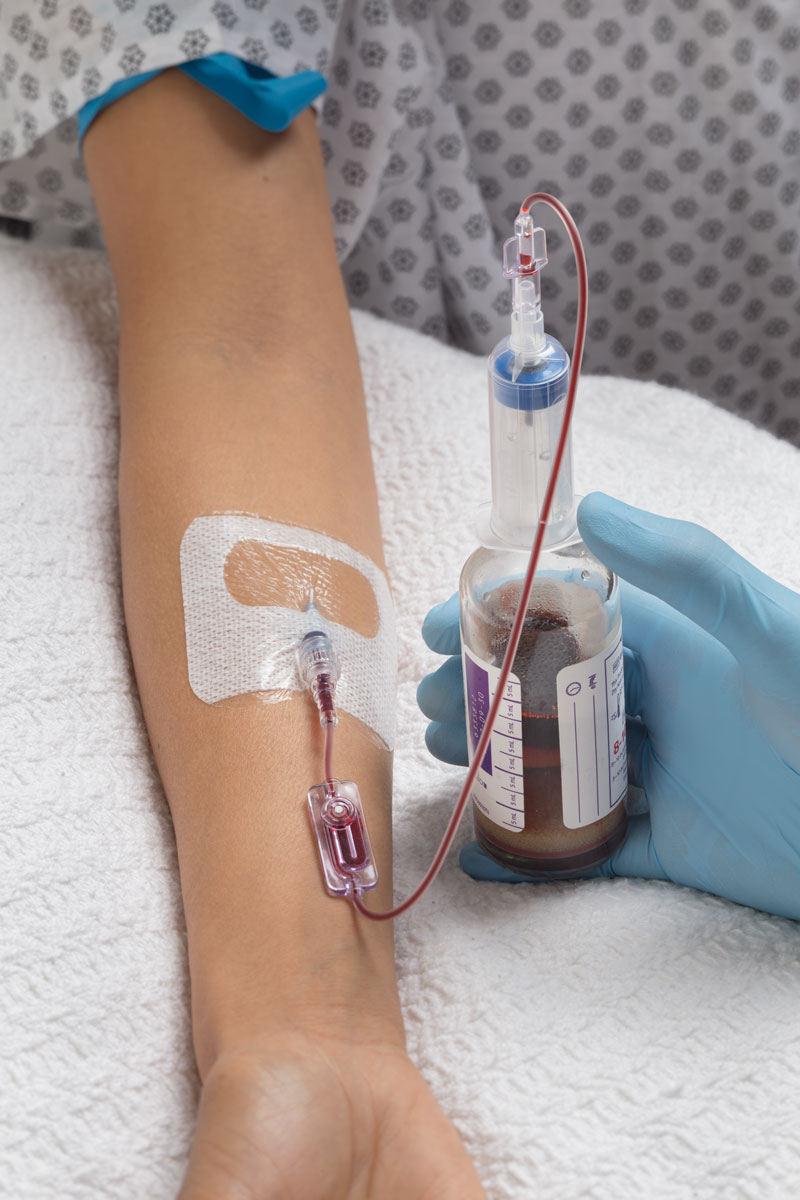Draw Blood From Peripheral Iv
Draw Blood From Peripheral Iv - For novice phlebotomists, this vein is the first choice because it is close to the skin’s surface and tends not to roll when punctured. Web how to draw blood from a peripheral iv (piv)? Web the intent of this practice is to reduce the number of venipunctures and thus increase patients’ comfort. Web drawing blood from a peripheral intravenous catheter/cannula (pivc) is a routine practice in clinical environments such as the emergency department, rationalised as one less invasive test that a patient is subjected to. Further research is required to resolve this issue. It is possible to reduce patent discomfort by drawing blood through an existing peripheral intravenous cannula (pivc) and replacing pivcs only when clinically indicated (rickard. Web you can draw below the iv with a tourniquet between the iv site and the draw site. The available data suggest that the second and third options are equally appropriate. The surgery goes well, with no evidence of bleeding, and the patient is. Further research is required to resolve this issue. Anecdotal evidence suggests drawing blood from existing cannulas may be a common practice. Conflicting evidence on the safety and reliability of blood sampling from peripheral intravenous cannulas provides little support to guide practice of clinicians. Web guidelines recommend blood samples from peripheral intravenous cannula be taken only on insertion. Web how to draw blood from a peripheral iv (piv)? Web. Further research is required to resolve this issue. Web drawing blood from peripheral intravenous cannula compared with venepuncture: However, obtaining laboratory specimens from peripheral intravenous catheters may hemolyze the specimens, and can even dislodge catheters and necessitate restarts. For novice phlebotomists, this vein is the first choice because it is close to the skin’s surface and tends not to roll. Sk and lc are members of the avatar group. The available data suggest that the second and third options are equally appropriate. Peripheral intravenous cannulas for blood drawing: Sometimes it’s difficult to get good blood return from an iv. Web blood samples should not be drawn during iv starts or from established iv catheters except for patients on thrombolytics (to. For novice phlebotomists, this vein is the first choice because it is close to the skin’s surface and tends not to roll when punctured. Peripheral intravenous cannulas for blood drawing: Historically, phlebotomists drawing blood samples from an iv line have usually come away with specimens. The available data suggest that the second and third options are equally appropriate. Web some. In venous blood sampling, a needle is inserted into a vein to collect a sample of blood for testing. 15k views 1 year ago nursing skills demo. Peripheral lab samples should be obtained using a straight needle and either the vacutainer or syringe method. Perform hand hygiene and put on gloves Web drawing blood from a peripheral intravenous catheter/cannula (pivc). Web drawing blood from peripheral intravenous cannula compared with venepuncture: Web learn venipuncture and how to easily place a peripheral intravenous line in the antecubital fossa. The most common peripheral iv sites include the back of your hand, inner elbow and foot. Anecdotal evidence suggests drawing blood from existing cannulas may be a common practice. Web some healthcare settings may. Published in journal of advanced nursing 1. Web some healthcare settings may insert blood drawing peripheral intravenous catheters into this vessel for frequent blood draws. The phlebotomist assigned to perform your blood draw you will ask you several questions before they get started, such as your date of birth and full name. Web how to draw blood from a peripheral. Blood sampling from used peripheral intravenous cannulae is a reasonable clinical practice for haematology and biochemistry samples. Web blood samples should not be drawn during iv starts or from established iv catheters except for patients on thrombolytics (to reduce number of sticks), or in an emergency. It is possible to reduce patent discomfort by drawing blood through an existing peripheral. Peripheral veins, typically the antecubital veins, are the usual sites for venous blood sampling. Web how to draw blood from a peripheral iv (piv)? Potassium samples from used peripheral intravenous cannulae can be used in situations where error up to ±0.47 mmol/l is acceptable. Web some healthcare settings may insert blood drawing peripheral intravenous catheters into this vessel for frequent. Peripheral intravenous cannulas for blood drawing: Peripheral intravenous cannulas are commonly used for blood sampling. Web guidelines recommend blood samples from peripheral intravenous cannula be taken only on insertion. Drawing blood from an iv line without hemolysis. The phlebotomist assigned to perform your blood draw you will ask you several questions before they get started, such as your date of. Opponents argue the practice increases the chance of haemolysis, risk of infection and device failure. Potassium samples from used peripheral intravenous cannulae can be used in situations where error up to ±0.47 mmol/l is acceptable. Peripheral intravenous cannulas for blood drawing: Perform hand hygiene and put on gloves Anecdotal evidence suggests drawing blood from existing cannulas may be a common practice. The phlebotomist assigned to perform your blood draw you will ask you several questions before they get started, such as your date of birth and full name. The surgery goes well, with no evidence of bleeding, and the patient is. Published in journal of advanced nursing 1. In infants, the scalp is the easiest placement. It is possible to reduce patent discomfort by drawing blood through an existing peripheral intravenous cannula (pivc) and replacing pivcs only when clinically indicated (rickard. Further research is required to resolve this issue. Conflicting evidence on the safety and reliability of blood sampling from peripheral intravenous cannulas provides little support to guide practice of clinicians. Web blood samples should not be drawn during iv starts or from established iv catheters except for patients on thrombolytics (to reduce number of sticks), or in an emergency. However, obtaining laboratory specimens from peripheral intravenous catheters may hemolyze the specimens, and can even dislodge catheters and necessitate restarts. Historically, phlebotomists drawing blood samples from an iv line have usually come away with specimens. Peripheral intravenous cannulas are commonly used for blood sampling.
Blood culture collection from a peripheral IV catheter with a syringe

How to draw blood from a patient’s vein as painlessly as possible

How To Draw Blood A StepbyStep Guide

IV Insertion with Lab Draw YouTube

How to draw blood from a Peripheral IV (PIV)? Skills Demo YouTube

How to draw blood by using IV cannula before start of IV fluid.Quick

Freshly Placed Peripheral Catheter Collections How It Works & Steps

Intravenous Cannulation (IV) — Medistudents

Blood Draw/Venipuncture Technique and Overview The Procedure Guide

Blood culture collection from a peripheral IV catheter Kurin
Liquid Nutrition ( Total Parental Nutrition ).
The Available Data Suggest That The Second And Third Options Are Equally Appropriate.
15K Views 1 Year Ago Nursing Skills Demo.
Blood Sampling From Used Peripheral Intravenous Cannulae Is A Reasonable Clinical Practice For Haematology And Biochemistry Samples.
Related Post: